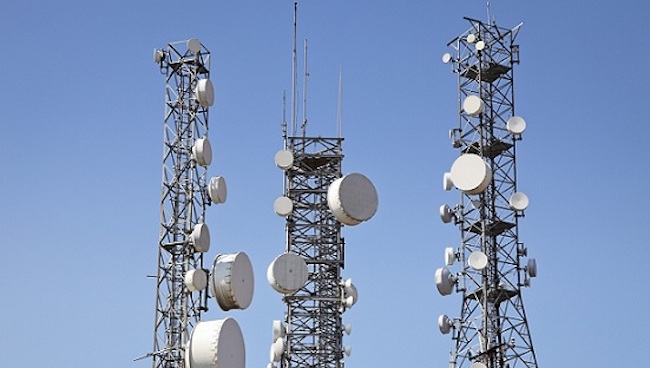Tech
Submarine cable collapse responsible for poor internet connectivity across Africa -Expert

A prominent technology chief and industry leader, Ben Roberts, has shared update on the state of Africa’s submarine cables, shedding light on the extensive internet downtime experienced by various telecommunication networks and banking applications across the continent.
Roberts, without specifying his sources, highlighted a dire situation in a tweet posted on Wednesday, March 14, 2024.
According to his tweet, several critical submarine cables connecting the East and West Coasts of Africa to Europe have been severely impacted, resulting in widespread connectivity issues.
Africa Submarine Cable Situation Report – 14/3/24
Situation is Very bad.
East Coast of Africa to Europe
Seacom/TGN – Cut
AAE1 – Cut
EIG – Cut
All cut in Red Sea
West Coast of Africa to Europe
WACS – Fault
Mainone – Down
ACE – Fault
SAT3-Down
Faults near Abidjan— Ben Roberts 🇬🇧🇰🇪 (@benliquidkenya) March 14, 2024
On the East Coast, Roberts noted that the Seacom/TGN, AAE1, and EIG cables have all been cut in the Red Sea region.
As per their coverage, these cable cuts have disrupted communication channels between Africa and Europe, affecting countries along the East Coast, including Kenya, Tanzania, and Egypt.
Meanwhile, on the West Coast, the situation is no less severe as the WACS cable is reported to have experienced a fault, along with the MainOne cable being down, and faults detected in the ACE and SAT3 cables.
Read also: Port Harcourt refinery to deliver petrol in two weeks — Kyari
Given their bandwidth, the disruption has significantly impacted internet connectivity in countries such as Nigeria, Ghana, and Senegal.
While downtime caused by these submarine cable cuts has had far-reaching consequences, affecting various sectors across multiple countries; telecommunication networks and banking apps have experienced service disruptions.
Analysts have further noted that the disruption have hindered communication between individuals and businesses, causing not only inconvenience but also varying levels of financial loss for users.
In response to the ongoing disruptions, the Bayobab Group, formerly known as MTN GlobalConnect, a leading telecommunications company, has acknowledged the challenges affecting connectivity services in several West African countries.
The observed submarine collapse may defeat the company’s rebranding strategy as it was aimed to strengthen its commitment to digitally connecting Africa.
Recognizing the critical importance of consistent internet and communication services, the company, however, in its press statement on Wednesday, re-assured users of its commitment to swiftly address the disruptions.
“Bayobab Group acknowledges the ongoing disruptions affecting connectivity services in several West African countries, due to breaks in multiple major undersea cables,” the statement reads.
“Recognising the critical importance of consistent internet and communication services, we are fully committed to swiftly addressing these disruptions.
“To mitigate the impact on our customers in the affected countries, our operations are actively working to reroute traffic through alternative network paths and engaging with our consortium partners to expedite the repair process for the damaged cables.
“Leveraging our robust and resilient network infrastructure, we aim to minimise service interruptions and maintain connectivity.
“We thank you for your patience and understanding as we work diligently to resolve this situation.”
Join the conversation
Support Ripples Nigeria, hold up solutions journalism
Balanced, fearless journalism driven by data comes at huge financial costs.
As a media platform, we hold leadership accountable and will not trade the right to press freedom and free speech for a piece of cake.
If you like what we do, and are ready to uphold solutions journalism, kindly donate to the Ripples Nigeria cause.
Your support would help to ensure that citizens and institutions continue to have free access to credible and reliable information for societal development.
















